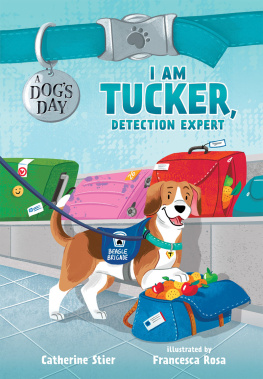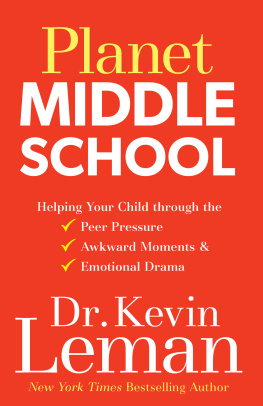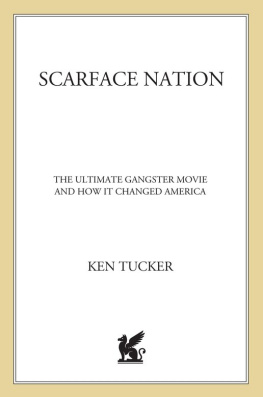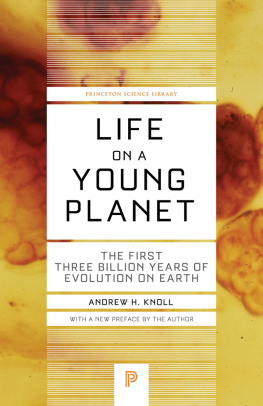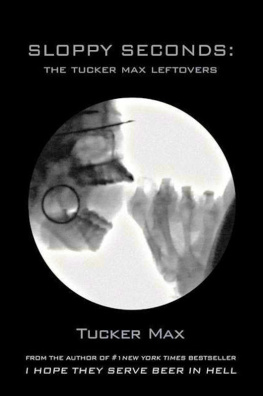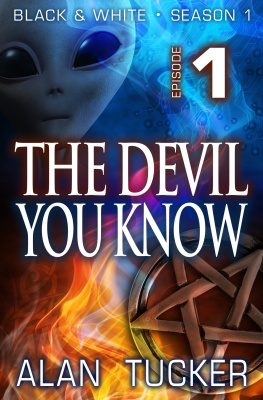a planet of 3 billion
Praise for P3B
Like Rachel Carsons Silent Spring, more than a half century ago, this book should serve as a wake-up call to a generation that is more in tune than ever with our planets pulse. As Tucker proclaims, our planet has a people problem. And, as humanity and nature struggle to coexist sustainably, it is time for all of us to focus all our efforts on bending the human population curve downward. Tuckers formula begins with the empowerment of women, worldwide - but his cookbook for global citizens helps guide our collective actions to a resilient future. A Planet of 3 Billion is essential reading for anyone who cares about the fate of our planet and our species.
Dr. Jane Goodall, DBE
Founder - the Jane Goodall Institute
& UN Messenger of Peace
It is easy to marvel at the sheer enormity and growth of our world, but it is irresponsible to do so without reckoning with its finiteness. In A Planet of 3 Billion, Dr. Christopher Tucker adeptly argues how we can (and we should) shrink the global population from nearing 9 billion to a more manageable 3 billionand in so doing repay our debt to the planet, a burden it no longer can bear. Timely and instructive, Dr. Tuckers work explores the nuanced and often overlooked relationship between geography, womens empowerment, and leadership an intersection which could have tremendous impacts on our future.
General Stanley A. McChrystal, USArmy (Ret.)
Tucker has written an exceptionally broad-ranging, thought-provoking examination of the relationship between expanding human numbers, socio-economic innovations, and ecological degradation. His effort to explore the historical and geographical roots of our current environmental predicament challenges us to think anew about the future of our planet.
Professor Alexander B. Murphy
Rippey Chair of Liberal Arts & Sciences, University of Oregon
Fmr. President, American Association of Geographers
A sweeping analysis of extraction, combustion and pollution spelling an unsurvivable future for our species unless we adopt dramatic changes in ecosystem protection and practices. It is irresponsible not to read this book.
Vint Cerf
Internet Pioneer
Christopher Tucker asks and answers the central question of the 21st century, that being, how do we build a habitable planet? He answers that we build it in the way humans have always advanced before we lost our way. We had a plan and we adjusted to an environment. Now, we are determining the environment. We have become the designer species, but without a design. An invasive species with a brain, but no method to plan. Tucker outlines a thoughtful action plan for long term adaptation and success and does so with the complete set of tools and ideas and theories that will allow for massive human success going forward. This book breaks down the walls of our conceptual prison and offers a path to design freedom for the future. A path we sorely need to find.
Michael M. Crow
President and ASU Foundation Leadership Chair
and Professor of Science & Technology Policy
Arizona State University
a planet of 3 billion
Foreword
How many times have we been told that we are at an inflection point? Any number of books have helped to shed light on impending historical shifts. These books promise that if we view the world through a particular lens, are forward thinking, and poised for action, then we will be able to be a vital part of the future. This is not that book.
Still other books highlight the emerging technological innovations that, if properly harnessed, will help us avert disaster. As they relate to human population dynamics, these books might be characterized as the works of techno-optimists who promise us a future free from the miseries first anticipated by Thomas Malthus. This is not that book either.
This book instead asks the reader to grapple with one of the most gnarly, wicked problems that humanity will ever deal with and to help us collectively navigate our way to a sustainable future. I request that you ask yourself the question, How many people can Earth support? and then go along on an intellectual journey that leads you to some uncomfortable realities about our planets actual ecological carrying capacity. Given the finite geography of our planet, how many modern humans can it actually support without incurring ecological debt that undermines its ability to support our species and the long-term viability of the wildernesses from which we evolved? From the title of this book, A Planet of 3 Billion, you can see where this is going.
This book draws on a rigorous accounting of humanitys rich past to place todays challenges in a historical context that makes them analytically tractable. It wrestles with our complex present to identify the vital trends that will reshape our planet in the coming decadestrends for which we have already laid the foundation. And it investigates the uncertain future that we will have to navigate together as local communities within a global society if we are to evade the perils and pitfalls that we, as a species, have put in play. Part of the uncertainty is due to exogenous factors that simply cannot be anticipated. But the most important factors driving this uncertainty are the choices, both individual and collective, that we all can make to improve the lot of our fellow man and woman, while investing in a more sustainable planet.
In the end, this book focuses on choices that we face, as well as the difficult, deliberate work that will be required if we are to prevent some very bad things from happening. Some will ask, What bad things? seemingly oblivious to what is going on. Others will ask, Which bad things? typically with some amorphous grasp of the notion that the sea levels may rise if something is not done soon. Yet few have sensed the dangers that lie ahead. This, I would argue, is because no dominant narrative has organized and articulated these dangers in a way that is accessible to the layperson.
This book starts with a rigorous accounting of our past because at this important moment, humanity does not share a common understanding of the challenges that we face. This is because we do not share a common sense of where we are or how we got here. The end of the 20th century and the dawn of the 21st century delivered us a global society composed of many fractured publics, each with very different understandings of where we are in our worlds history, and no collective grasp of the common challenges that we face. First and foremost, this book attempts to help everyone get on a common page so that we can have a real discussion about the fate of our planet and our species.
Beyond this message and its urgency is a deeper worldview that I believe is even more fundamental to how we should be thinking about our planet. I believe that all of us, from the everyday private citizen to our vaunted world leaders, must learn to think geographically about the challenges that face our world. After all, everything that has happened on Planet Earth has, by definition, happened in space and timethat is, geographically, as history has unfolded. And to understand the peril that we face, one must first map the long history of ecological destruction that the human species has wrought on our planet, if we are to understand the foundations upon which we can build a resilient future.
As humanitys numbers surpass 7.5 billion (circa 2017), on their way to 9 billion, 11 billion, or more, how should we think about the challenge, and what possibly could be done, if my estimate of Earths carrying capacity is correct? This question will require as much of your intellectual energy as did the first half of the book, since I am asking you to consider my proposals and think creatively about how you might translate them into action.


